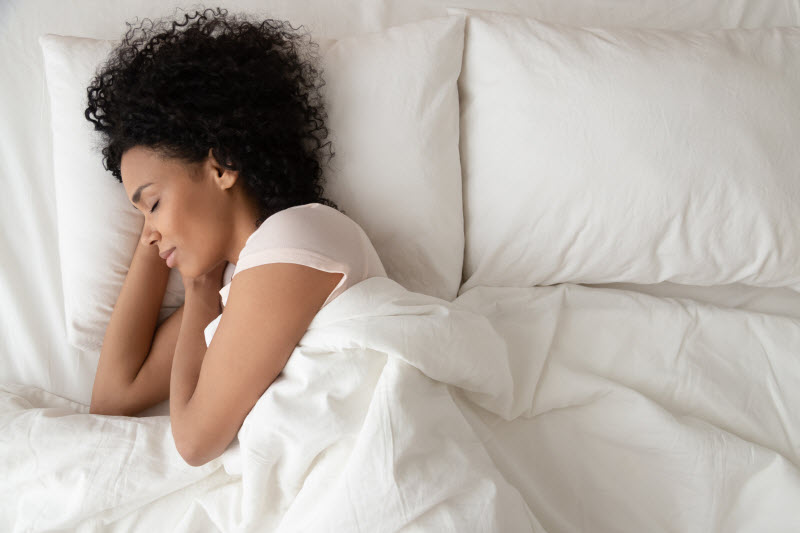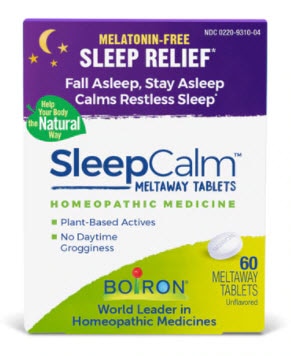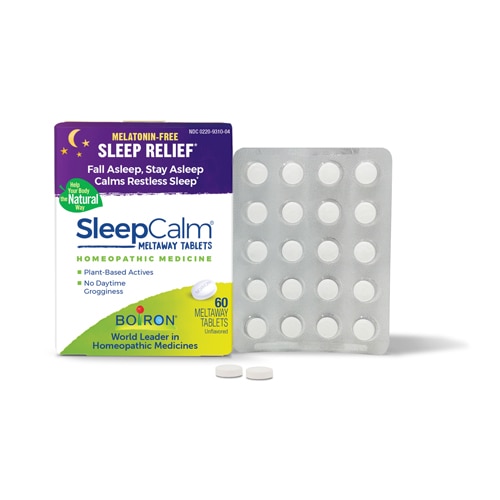Cheating yourself of a full night's
sleep is part of modern life. But fail to get enough shut-eye, and you may dramatically increase the risk of being diagnosed with dementia.
Getting five or fewer hours of sleep per night makes you twice as likely to develop dementia compared to people who sleep seven to eight hours, according to researchers at Harvard-affiliated Brigham and Women’s Hospital.

In addition,
not sleeping well increases your risk of an earlier death. The researchers say a lack of sleep prevents important restorative rest that keeps the brain and body healthy.
The new study adds to a growing collection of research that has found that a lack of sleep may contribute to various health ailments. These include:
- Increased risk of diabetes, heart disease and some types of cancer
- Hypertension
- Osteoporosis
- Higher levels of anxiety, stress and depression
- Obesity
- Accidents related to drowsiness
- Decreased libido
- Impaired immunity
- Decreased fertility
"Getting adequate sleep needs to be a daily priority -- not a 'maybe this weekend I will catch up on my sleep' type of attitude," says Terry Cralle, a registered nurse, certified sleep educator and spokesperson for the
Better Sleep Council.
Changing your attitude about sleep
In our fast-paced society, many people trim back on sleep time so they can get more done. Cralle says she often hears from people who say they simply do not have enough time to sleep.
"You would make time for sleep if you fully understood the risks of insufficient sleep," Cralle counters.
It is common for some people to put off sleep so they can watch more TV, or check their social media accounts. Others simply want more time for themselves than their busy day otherwise allows.
Cralle says there is even a name for this behavior: "bedtime procrastination."
Some people also intentionally sleep less so they can accomplish more at work, or to further other goals. But Cralle says the notion that you can be more productive by skipping some rest is a mistake.
"The quality of your waking hours decreases when you skimp on sleep," she says. "A well-rested person has more productive and efficient waking hours -- actually does more and does it better -- than a sleep-deprived person."
How to sleep longer
Most adults require seven to nine hours of sleep, Cralle says. "A person's daily sleep requirement should be treated as important as taking a daily life-saving medicine," she says.
If you struggle to fall asleep -- or to remain in blissful slumber -- there are several
steps you can take to improve rest, Cralle says. They include:
Create a good sleep environment.
Keep your room cool, pitch dark and quiet, and sleep on a comfortable surface. "Your odds of falling right back to sleep after awakening are greatly increased," in such an atmosphere, Cralle says.
Keep lighting dim.
Bright, overhead lighting can wake you up. So, use a minimal level of illumination if you wake up in the middle of the night to use the bathroom.
Cralle suggests purchasing motion-detecting nightlights. She also notes that some adjustable mattress bases are equipped with under-the-bed lighting that can help you get back to bed safely.
Never look at the clock.
Clock-watching at any point during your sleeping hours is counterproductive. When you look at the clock, it is easy to slip into calculating how many hours of sleep you have left, or how many things you need to do when it is time to wake up.
"Keep clock faces out of your line of sight," Cralle says.
Falling back to sleep after waking up
If you wake up in the middle of the night and cannot fall back to sleep, Cralle suggests you get up rather than trying to force yourself to fall asleep again.
“Simply get out of bed and do something calm and relaxing in very dim light -- think jigsaw puzzle, knitting, coloring,” she says.
However, avoid firing up the computer or checking your phone. “The
light from the screen is telling your brain that it is time to wake up, not to fall back asleep,” Cralle says.
Another strategy to consider is listening an audio book as you lay in bed in the dark.
“Something boring -- preferably something you have heard over and over -- and on a timer can be distracting and calming, the perfect combination to lull you back to sleep,” Cralle says.
When to consult a professional for sleep problems
Finally, consult with your healthcare provider if you display signs of a sleep disorder. Cralle suggests keeping the “rule of threes” in mind:
Make a note of the “rule of threes”:
- Do you wake up three nights (or more) each week?
- Does it take you longer than 30 minutes to fall back to sleep?
- Have you been waking in the middle of the night for at least 30 days?
“Sleep problems -- like any other health problem -- should never be ignored,” Cralle says.
Featured products:



 In addition, not sleeping well increases your risk of an earlier death. The researchers say a lack of sleep prevents important restorative rest that keeps the brain and body healthy.
The new study adds to a growing collection of research that has found that a lack of sleep may contribute to various health ailments. These include:
In addition, not sleeping well increases your risk of an earlier death. The researchers say a lack of sleep prevents important restorative rest that keeps the brain and body healthy.
The new study adds to a growing collection of research that has found that a lack of sleep may contribute to various health ailments. These include:






